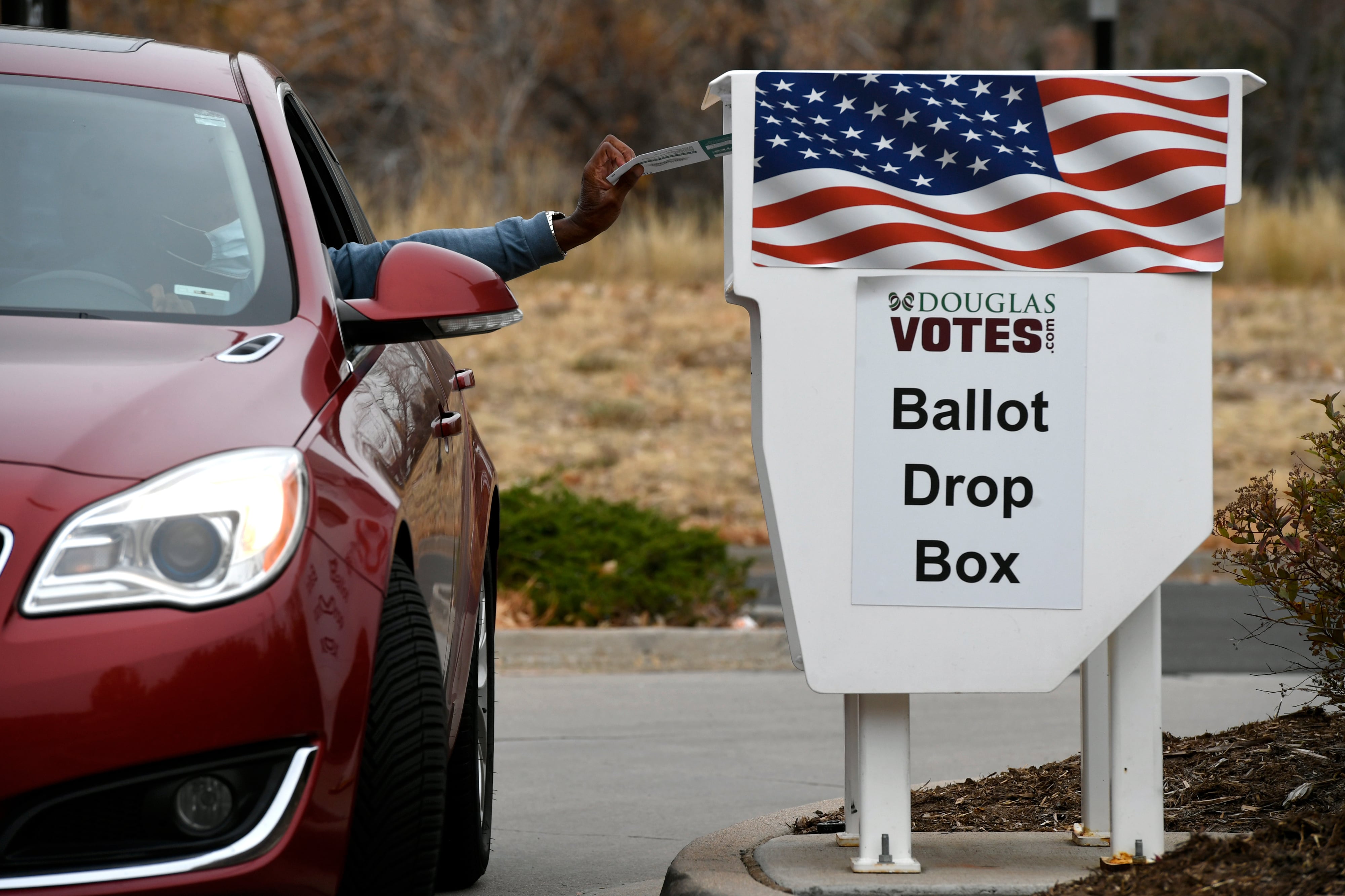Colorado voters rejected a marijuana tax increase that would have paid for tutoring, music and art lessons, and other out-of-school learning opportunities.
Proponents conceded early Tuesday evening with more than 54% of voters saying no to Proposition 119 and just 46% saying yes, an insurmountable gap. They also pledged to work on new proposals to address what they see as a long-standing problem.
“The significant gap in achievement between students from wealthy families and their low-income peers has been an unfortunate educational outcome in Colorado for years — and tonight’s results mean it will likely continue to get worse before it gets better,” Curtis Hubbard, a spokesperson for Yes on Prop 119, said in an emailed statement. “Access to affordable, quality after-school education services is not a possibility for many families living in Colorado — and we will work with anyone who has a better idea on how to tackle the problem.”
The goal of Proposition 119 was to help low-income families give their children some of the same enrichment that more affluent families provide on a regular basis. It had the support of Gov. Jared Polis, a bipartisan coalition of lawmakers, and community groups including the African Leadership Group and Servicios de La Raza.
Supporters — most prominently Gary Community Investments — raised more than $2.7 million in an effort to pass the measure. The campaign included television ads, glossy mailers, and text messaging.
Colorado voters have a tradition of voting down statewide taxes, though they have been more receptive in recent years to taxes on the burgeoning marijuana industry. Last year, a tax on nicotine to support universal preschool sailed to victory.
Proposition 119 had divided education groups, with the Colorado Education Association, the state’s largest teachers union, adopting a neutral position, and the associations that represent school boards and superintendents opposed to the measure. They said Colorado should fully fund its schools before imposing new taxes to fund out-of-school learning.
Some opponents likened Proposition 119 to a voucher program, though families would not have been able to use money from the program for school tuition.
The marijuana industry also opposed the measure.
Proposition 119 would have gradually increased marijuana taxes from 15% currently to 20% in the 2024-25 fiscal year, generating an estimated $137 million a year that would have been placed in a special fund.
Proposition 119 also would have taken more than $20 million a year in state trust land money that would otherwise be invested through the Permanent Fund and sent it to the Public School Fund for more immediate use. A similar amount of money would have been taken from the general fund and transferred to the enrichment program. This shift would have cost the Permanent Fund an estimated $48 million in interest and capital growth over the next 10 years, and the State Land Board was opposed.
The new revenue would have gone to provide financial aid to help families pay for academic tutoring; art, music, and dance lessons; second language instruction; targeted assistance for children with disabilities; career and technical training; and other uses. Families living in poverty would have had priority for the funding. A new Colorado Learning Authority run by a nine-member appointed board would have overseen the program.







